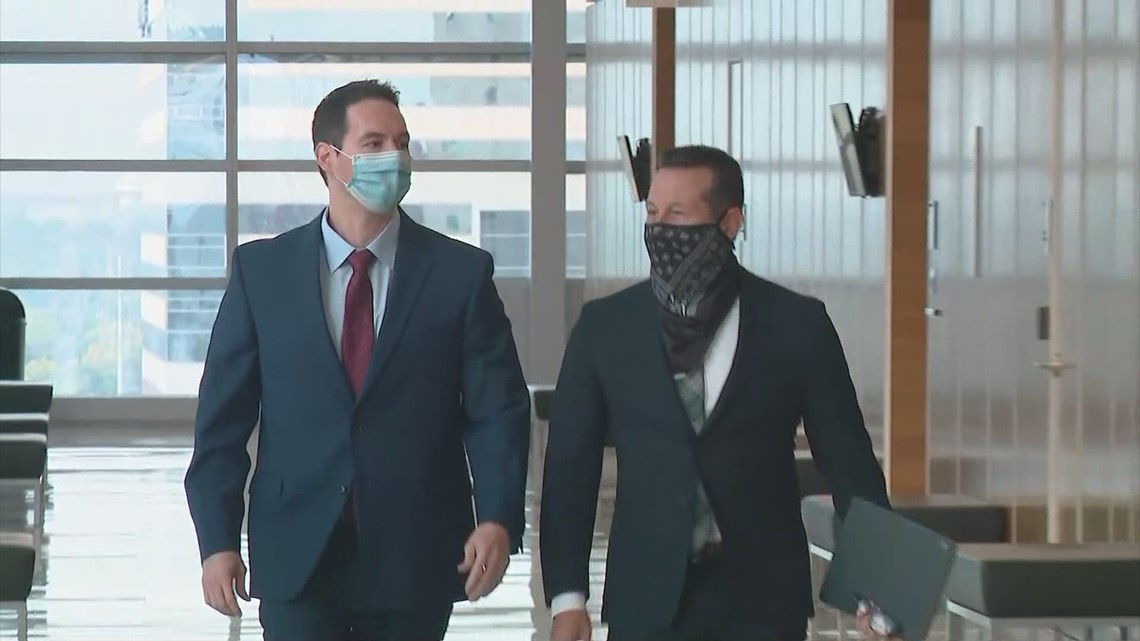- Joined
- Oct 7, 2012
- Messages
- 781
- Reaction score
- 1,605

Jury selected in murder trial of Dr. William Husel
Husel is accused of ordering excessive or potentially fatal doses of fentanyl be given to patients under his care.
He's a crit care doc but I think trial is important anyway
Details have never really been released, it's all going to come out soon. He's charged with a bunch of murder counts.
Basically, in 2019 he was fired because he was giving huge doses of fentanyl, upward 1,000 mcg to "sick patients." I have had a lot of trouble finding medical information on these people. The read-between-the-lines seems to be these are the kinds of people we've all had the fantasy of just doing in and this guy did it.
38 staff--nurses and pharmacists--were fired in his wake. Clearly at least some knew what he was doing and just looked the other way, which is very telling.
Stoked for outcome because if he's found not guilty that means the person that decides code status is me (half-joking).
Last edited:

